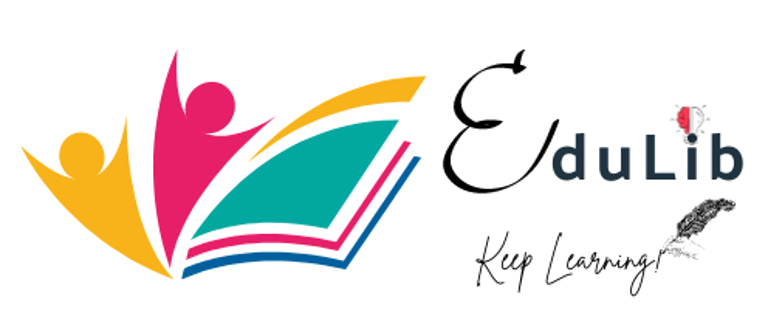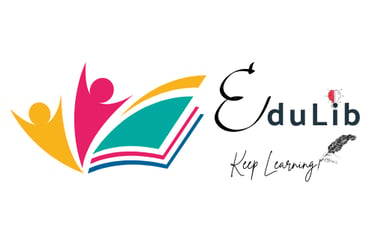
How the Assessor Has Reflected on Their Practice and Partaken In CPD
Explore the assessor's reflections on their practice and engagement in continuous professional development (CPD) in this blog. Discover how self-improvement enhances assessment effectiveness and impact.
I have improved my understanding of the principles and practices of assessing National Vocational Qualifications. This course has improved my dedication to self-reflection and professional growth, contributing to providing a high-quality learning experience for learners.
I have reflected on the importance of using a holistic assessment approach. It provides a comprehensive and well-rounded view of learners' abilities, knowledge, and skills. The holistic assessment considers multiple dimensions of learning and takes into account various aspects that contribute to a learner's overall development. With this approach, the learners on the National Vocational Qualification (NVQ) have applied their workplace and practical knowledge and skills to the learning outcomes. The learners' abilities to transfer their learning to practical situations, problem-solving scenarios, and authentic tasks. It allows for personalised feedback and tailored learning experiences, enabling learners to build on their strengths and address areas that require improvement. This individualised approach fosters a more inclusive and supportive learning environment, promoting learners' engagement, motivation, and self-confidence. The holistic assessment encourages learners to reflect on their own learning, strengths, and areas for improvement. It prompts self-assessment, self-regulation, and self-directed learning. By engaging learners in this reflective process, holistic assessment empowers them to take ownership of their learning journey, set goals, and continuously improve their performance.
Using audio recordings as an alternative assessment method offers unique benefits and considerations for both assessors and learners. Audio recordings will allow learners to demonstrate their knowledge and skills in a format that closely resembles real-life communication scenarios. It encourages learners to develop strong communication abilities, which are invaluable in various personal and professional contexts. Audio recordings can be particularly beneficial for learners with certain learning needs or disabilities. For example, learners with visual impairments can participate in assessments that primarily rely on auditory input. By using audio recordings, educators can create inclusive assessment opportunities that cater to diverse learning styles and abilities, ensuring equitable access to demonstrate knowledge and skills.
While audio recordings offer various advantages, it is important to acknowledge their limitations. They may not capture non-verbal cues or visual components of communication, which can be essential in certain assessment contexts. I must carefully consider the suitability of audio recordings for specific learning outcomes and make informed decisions regarding the appropriate balance of assessment methods.
Also, I have undertaken the following assessment-related pieces of mandatory training provided by the college through the SkillGate online learning platform:
Being Aware of your Unconscious Bias.
Cyber Awareness and Staying Safe Online.
Data Protection and Freedom of Information: Compliance Following GDP.
Managing Information Securely.
Safeguarding Adults at Risk.
Safeguarding Children and Young People.
The Importance of Equality, Diversity and Inclusion.


